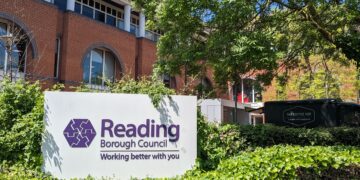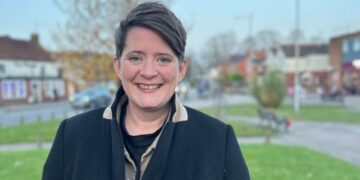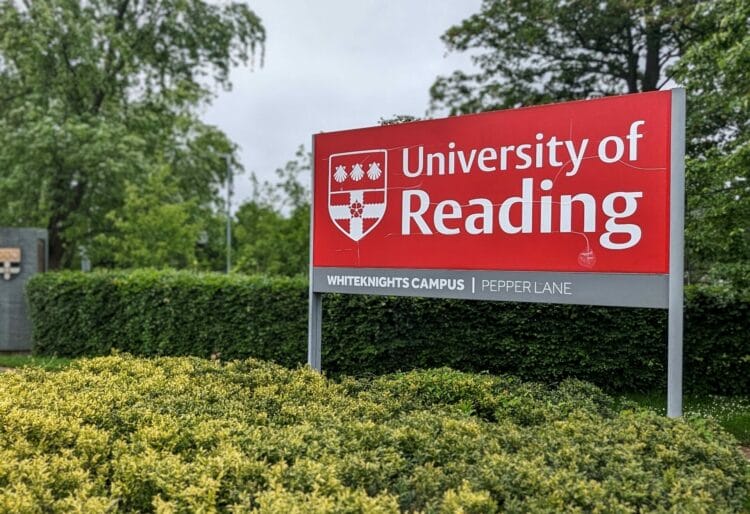THE UNIVERSITY of Reading is among a number of institutions which will see new funding after two of its educators were named “future leaders” in innovation.
Dr Luke Barnard, of the Department of Meteorology, and Dr Miriam Sorace, of the Department of Politics and International Relations, have been named Future Leaders Fellows by UK Research and Innovation (UKRI).
The fellowship allows universities and businesses to develop their most talented early-career researchers and innovators, with a share of more than £100m of funding for each of this years 68 chosen academics.
Dr Barnard has been awarded £892,000 to improve the forecasting of coronal mass ejections– large jets of plasma and magnetic interference from the outermost region of the sun’s atmosphere.
He will work in conjunction with partners at the Met Office, Rutherford Appleton Lab, and KU Leuven throughout the research project to develop a new system to forecast the ejections.
Coronal mass ejections have the potential to affect power grids on Earth, as well as satellite and communications systems, which in turn have economic and safety risks.
Dr Barnard said: “Space weather poses a significant threat to modern society. Violent eruptions from the Sun can disrupt our power grids, communications systems, and satellite operations, potentially causing widespread economic damage and safety risks.
“Our ability to predict these events has not significantly improved despite over a decade of intensive research–this is due to gaps in our understanding and limitations in our observations.
“I will lead a research team to develop a new forecasting system that will enhance our understanding of space weather physics.
“This work is essential for better preparing and protecting our technology-dependent society from space weather hazards.”
Dr Miriam Sorace has been awarded £1.2 million to develop her project, Divided, which examines the relationships between the challenges of economic inequality and political polarisation.
It aims to strengthen democratic processes around the world and will involve collaboration from the UK Labour Party, tech giant Meta, market researchers Opinium, the EES and the LSE Data Science Institute.
Dr Sorace said: “Economic inequality and political polarisation pose significant threats to democratic stability and effectiveness.
“Economic inequality can erode social cohesion and trust in democratic institutions. Political polarisation can paralyse decision-making processes and increase social tensions. We know that these challenges are interconnected – as inequality increases, political polarisation also rises.
“What we do not know is the micro-foundation explaining this relationship. Studying these micro foundations is central to devising appropriate policies to both depolarize and reduce inequality.”
She explained: “The project will establish new datasets and new methodologies to test the novel mechanism–social conduction/isolation–which is theorised to underlie the inequality-polarization link.
“It will develop strategies to mitigate polarisation, even in highly unequal societies.
“Ultimately, I hope the research programme will contribute to strengthening democratic processes and fostering more inclusive, cooperative social and political environments.”
























